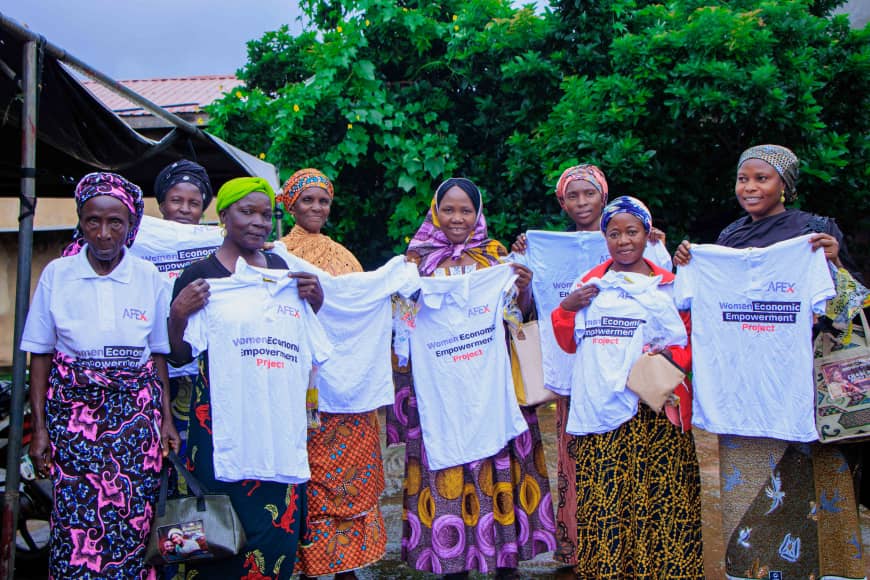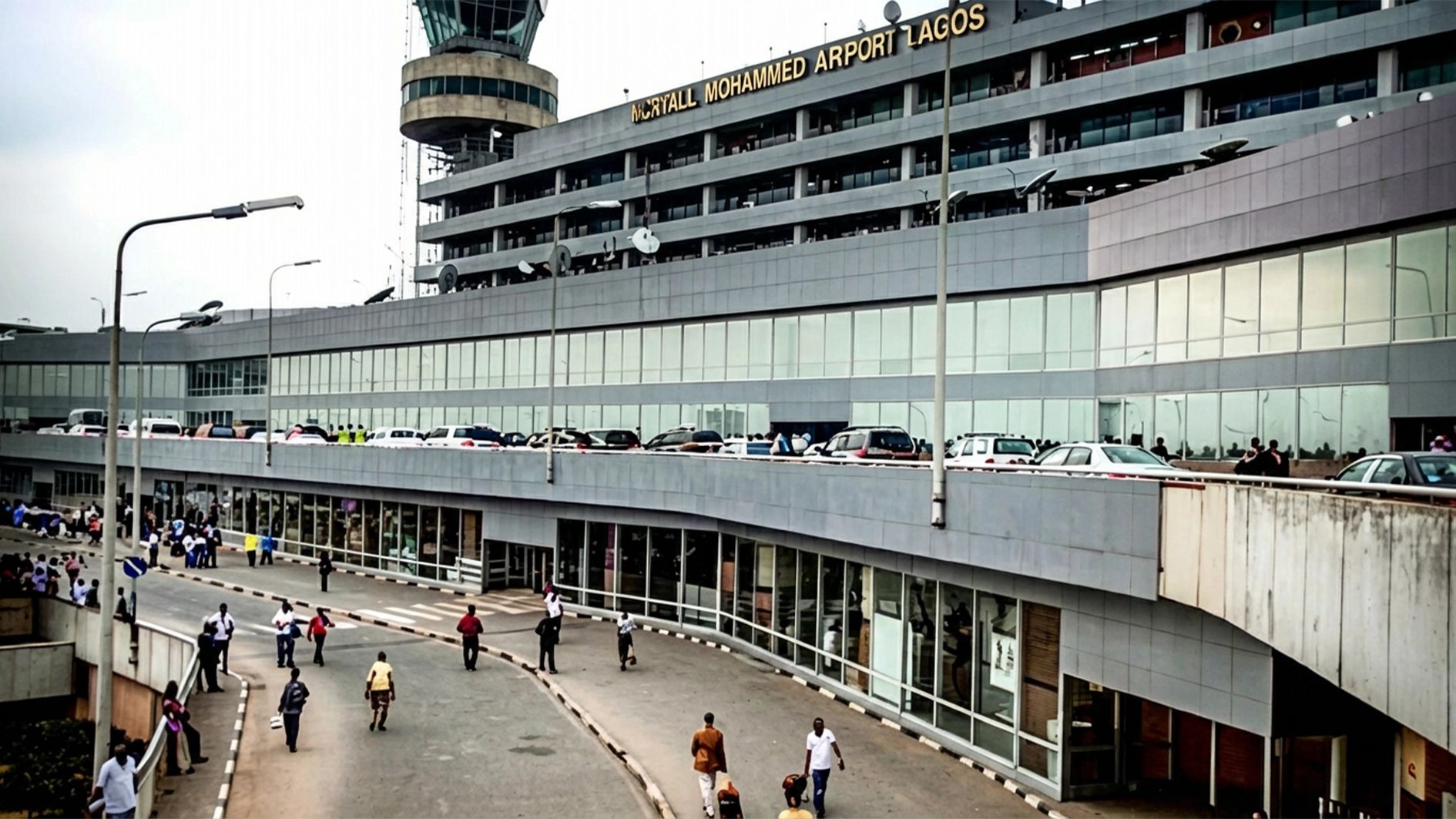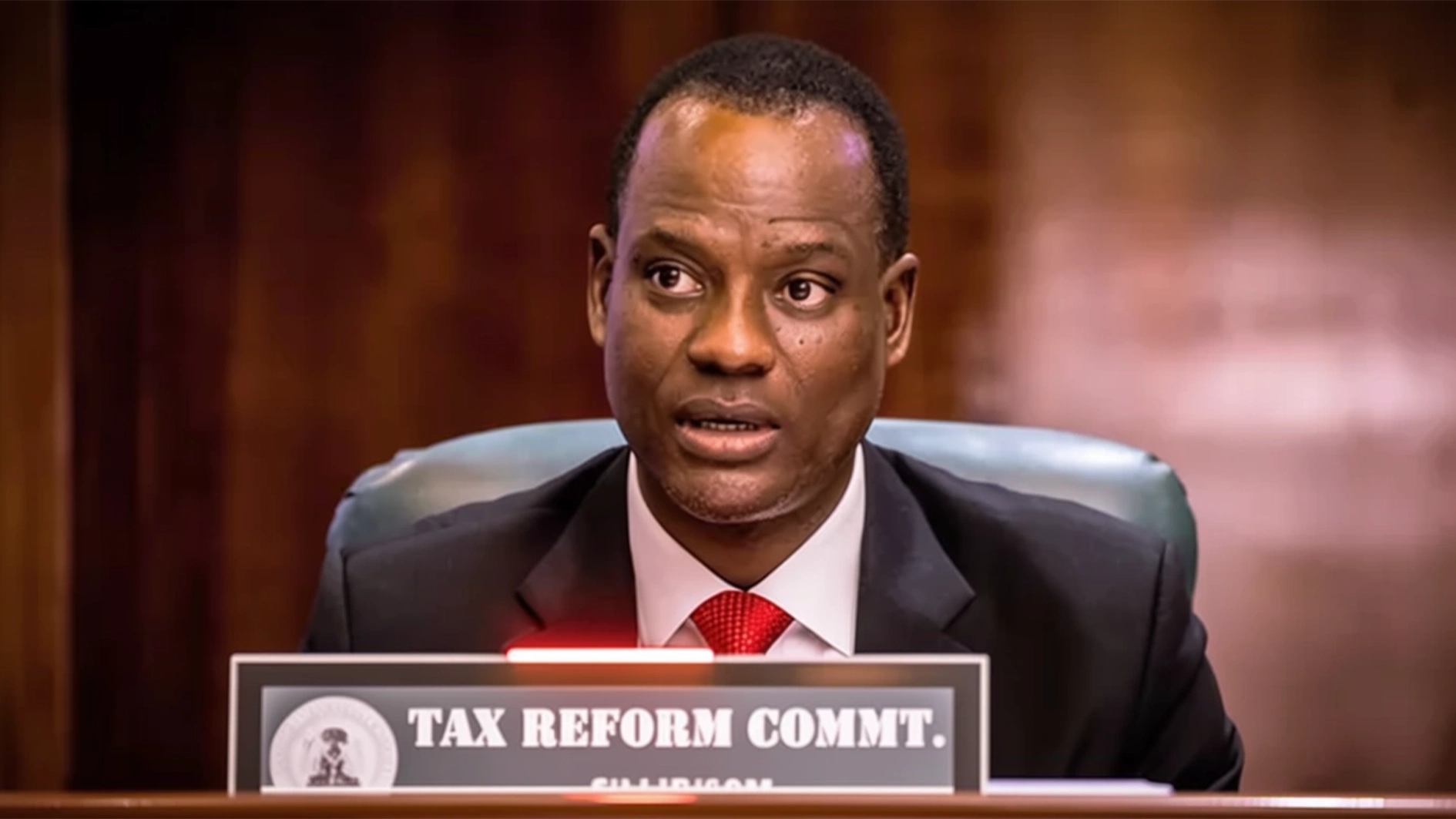 AFEX, a leading commodities player in Africa, has concluded a sensitisation campaign aimed at empowering female farmers in northern Nigeria with best agricultural practices.
AFEX, a leading commodities player in Africa, has concluded a sensitisation campaign aimed at empowering female farmers in northern Nigeria with best agricultural practices.
The campaign, held in Kaduna, is part of the Women Economic Empowerment (WEE) project, an initiative focused on driving inclusion for women in rural Nigeria.
The project provides essential resources to increase agricultural capacity and food productivity across the country.
Statistics show that female farmers produce 30 per cent less per hectare than their male counterparts, primarily due to limited access to inputs, reduced participation in extension services, and less productive labour.
Additionally, women in rural areas face higher exclusion from financial services, with 37 per cent of women being banked compared to 46 per cent of men, according to the World Bank.
The WEE Project, a three-year pilot initiative, aims to increase women’s power and influence by removing barriers to work, enabling decent work conditions, and supporting women’s enterprises.
By leveraging existing partnerships in health and agriculture, the project seeks to create a sustainable model for women’s economic empowerment, improving access to agricultural inputs, expanding market opportunities, and providing adequate health services.
The two-day sensitisation campaign in Kafanchan, Kaduna, organised by AFEX, brought together key partners from the Kaduna State Women Economic Empowerment Project, Advantage Health Africa, Healthy Entrepreneurs, Jennifer Etuh Foundation, and female farmer cooperatives.
Several female farmers were onboarded onto AFEX’s technology platform, WorkBench, and received training on global agricultural practices, crop management, and crop mitigation strategies.
The Managing Director of AFEX Fair Trade, Kamaldeen Raji, reiterated AFEX’s commitment to developing sustainable agricultural value chains in Africa, emphasising the importance of empowering women farmers to achieve this goal.
He stated that the WEE Project offers a unique opportunity to leverage expertise in agricultural commodity trading and market access to help women farmers in Nigeria overcome the challenges they face.
Raji further emphasised that by providing women farmers with the necessary tools and resources, the project contributes to a more inclusive and equitable agricultural sector.
The Project Coordinator for the Kaduna WEE Project, Mobolaji Adesanya, expressed excitement about the programme’s success, noting that the AFEX sensitisation campaign was a valuable opportunity to connect with women farmers in local communities.
“As we prepare to reach our target of transforming the lives of 30,000 female farmers, it is crucial to emphasise the role of public-private partnerships in accelerating progress. By working closely with stakeholders like AFEX, we can ensure that interventions are tailored to the specific needs and challenges faced by women farmers in rural areas,” Adesanya stated.






